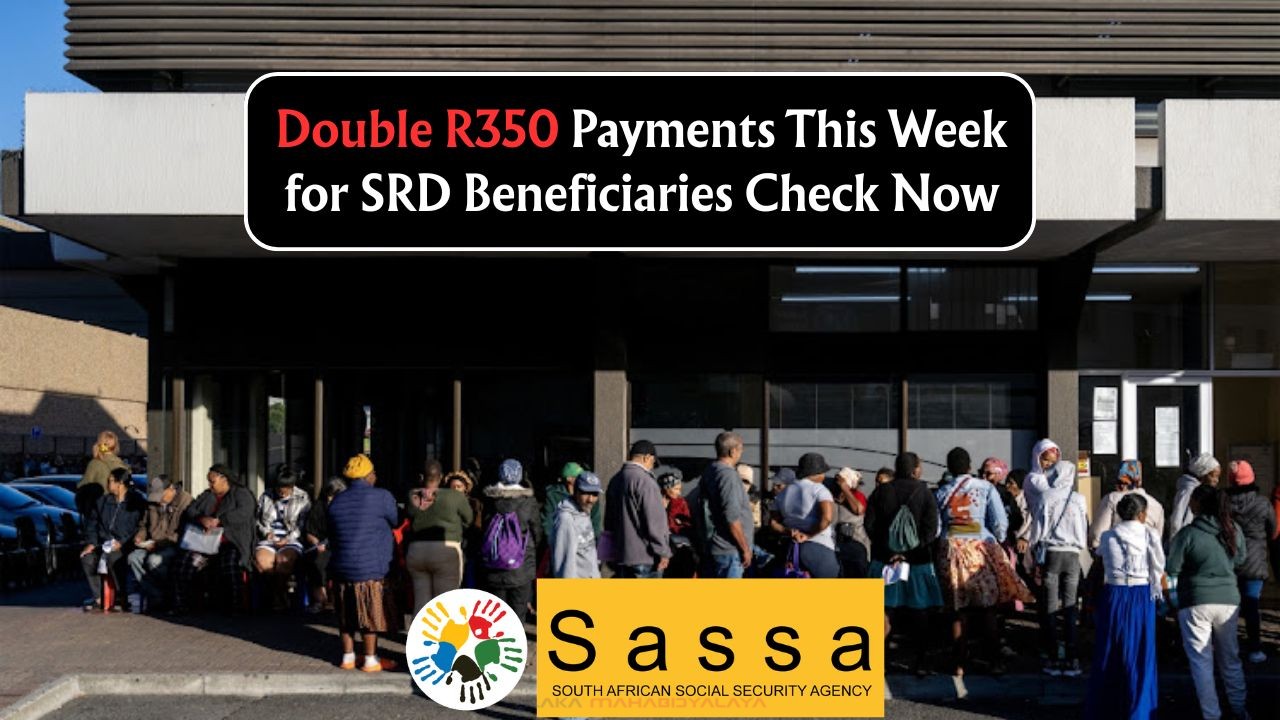14-Hour Load Shedding Sparks Major Outages Across Gauteng and Northern Cape: The recent 14-hour load shedding has plunged parts of Gauteng and the Northern Cape into darkness, causing significant disruptions. This extensive power cut has raised concerns among residents and businesses alike, as they grapple with the challenges of prolonged power outages.
Impact on Daily Life and Businesses
The prolonged load shedding has significantly disrupted daily routines and business operations in Gauteng and the Northern Cape. Residents have been forced to adapt to the lack of electricity, finding alternative ways to manage their households during the outages. Businesses, particularly small enterprises, have struggled to maintain productivity without a reliable power supply.
- Households have resorted to using candles and gas stoves to cope with the absence of electricity.
- Business owners have reported a decline in customer footfall and sales due to the outages.
- School schedules have been disrupted, with students facing challenges in continuing their education online.
- Medical facilities have had to rely on generators to continue providing essential services.
- Traffic congestion has increased as traffic lights remain non-functional during blackouts.
Government and Eskom’s Response
In response to the widespread outages, the government and Eskom have been working to address the situation. The power utility has been implementing various strategies to stabilize the grid and minimize the impact of load shedding on the affected regions.
Eskom officials have assured the public that they are doing everything possible to restore power and reduce the frequency of outages. However, residents remain skeptical as the power cuts continue to affect their daily lives.
| Region | Duration | Impact | Response | Outlook | Concerns | Plans | Public Reaction |
|---|---|---|---|---|---|---|---|
| Gauteng | 14 hours | Severe | Ongoing | Uncertain | High | Upgrades | Frustration |
| Northern Cape | 14 hours | Moderate | Partial | Improving | Moderate | Maintenance | Concern |
| Western Cape | 6 hours | Mild | Effective | Stable | Low | Expansion | Relieved |
| KwaZulu-Natal | 8 hours | Moderate | Ongoing | Uncertain | Moderate | Upgrades | Worried |
Efforts to Mitigate Load Shedding
To mitigate the impact of load shedding, Eskom and the government have proposed several measures. These include investing in renewable energy sources, improving existing infrastructure, and encouraging energy conservation among consumers.
Additionally, businesses are being urged to adopt energy-efficient practices to reduce their dependency on the national grid. By doing so, they can help alleviate the pressure on the electricity supply and contribute to a more stable energy future.
- Investing in solar and wind energy projects.
- Enhancing power grid infrastructure.
- Encouraging energy-saving practices among consumers.
- Implementing demand-side management strategies.
- Promoting the use of energy-efficient appliances.
The success of these initiatives largely depends on the cooperation between government bodies, Eskom, and the South African public. It is crucial for all stakeholders to work together to find lasting solutions to the ongoing power crisis.
Community Initiatives and Support
Community-driven efforts have also emerged as a key factor in managing the effects of load shedding. Local organizations and individuals have taken it upon themselves to support those most affected by the power outages.
Local Support Groups
- Organizing community meetings to discuss energy-saving tips.
- Providing assistance to vulnerable groups during outages.
- Setting up mobile charging stations for essential devices.
- Offering temporary shelter for those in need.
- Distributing food parcels and other necessities.
These grassroots initiatives have fostered a sense of solidarity and resilience among residents, highlighting the importance of community cooperation in times of crisis.
Innovative Solutions
Many innovative solutions have been proposed to tackle the load shedding problem. From implementing smart grid technology to exploring alternative energy sources, these initiatives hold promise for a more sustainable energy future.
- Developing smart grid systems for efficient energy management.
- Exploring geothermal energy as a viable option.
- Implementing battery storage solutions to store excess power.
- Creating incentives for businesses to adopt green energy practices.
- Building partnerships with international energy experts.
- Launching educational campaigns on energy conservation.
The adoption of these innovative solutions could significantly reduce the frequency and impact of future load shedding events, paving the way for a more resilient energy infrastructure.
Technological Advancements
Technological advancements play a crucial role in addressing the challenges of load shedding. By leveraging modern technology, South Africa can improve its energy efficiency and reduce its reliance on traditional power sources.
- Investing in advanced energy storage technologies.
- Implementing smart meters for real-time energy tracking.
- Utilizing artificial intelligence for predictive maintenance.
- Deploying drones for infrastructure inspection and monitoring.
These technological advancements promise not only to enhance the country’s energy capabilities but also to empower consumers to make more informed decisions about their energy usage.
FAQ SectionWhat is load shedding?Load shedding is the intentional shutdown of electric power in parts of a power distribution system to prevent the failure of the entire system when the demand strains the capacity of the system.How does load shedding affect businesses?Load shedding can lead to decreased productivity, loss of revenue, and increased operational costs as businesses struggle to function without a stable power supply.What measures can individuals take during load shedding?Individuals can prepare by using alternative lighting, conserving energy, and ensuring their devices are charged ahead of scheduled outages.How is the government addressing load shedding?The government is working with Eskom to improve infrastructure, invest in renewable energy, and encourage energy conservation.Are there any community support initiatives during load shedding?Yes, many communities organize support groups to assist vulnerable residents and share resources during outages.
Departmental Contact Details
| Department | Contact Person | Phone | |
|---|---|---|---|
| Department of Energy | Noluthando Mkhize | [email protected] | 0800 222 333 |
| Eskom | Thabo Nkosi | [email protected] | 0860 037 566 |
| Community Outreach | Sipho Dlamini | [email protected] | 071 234 5678 |
| Renewable Energy Projects | Lindiwe Zulu | [email protected] | 072 987 6543 |
| Energy Conservation | James Mokoena | [email protected] | 073 456 7890 |






